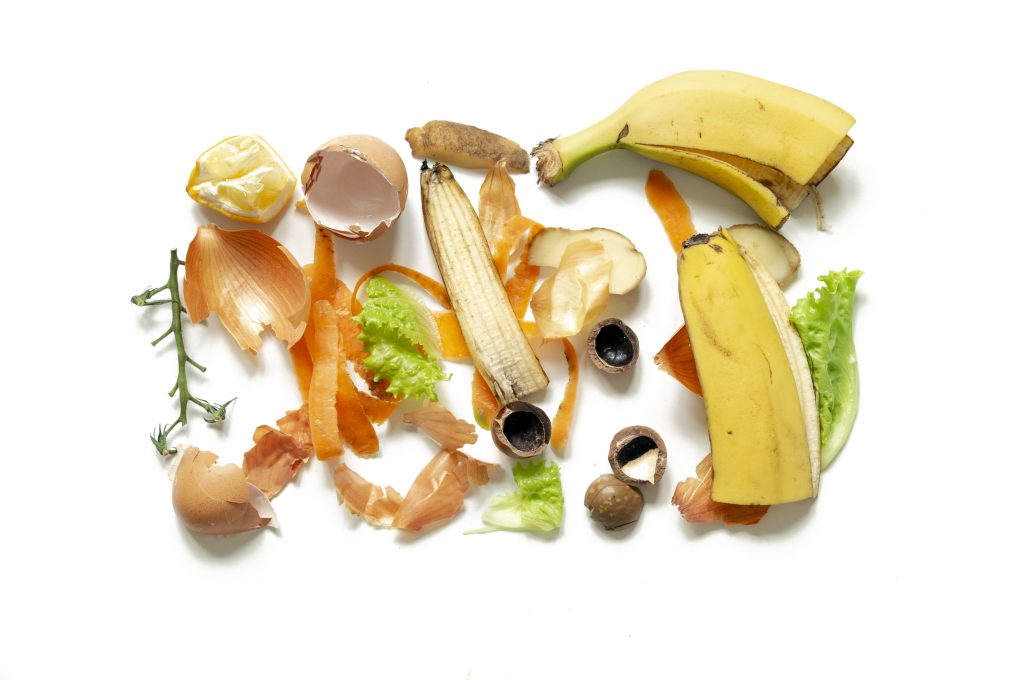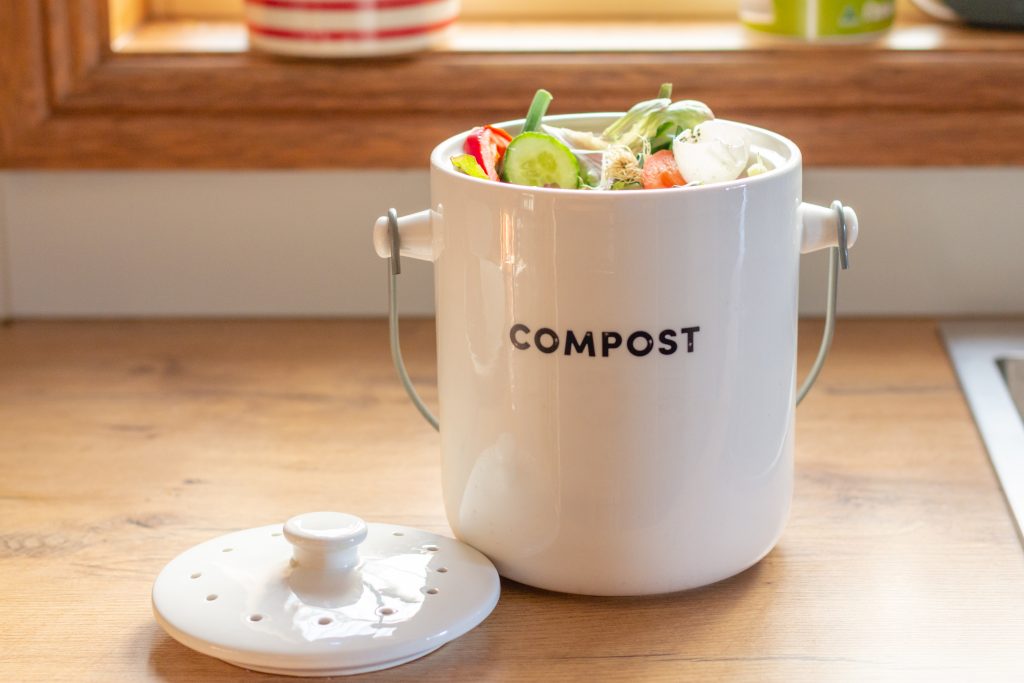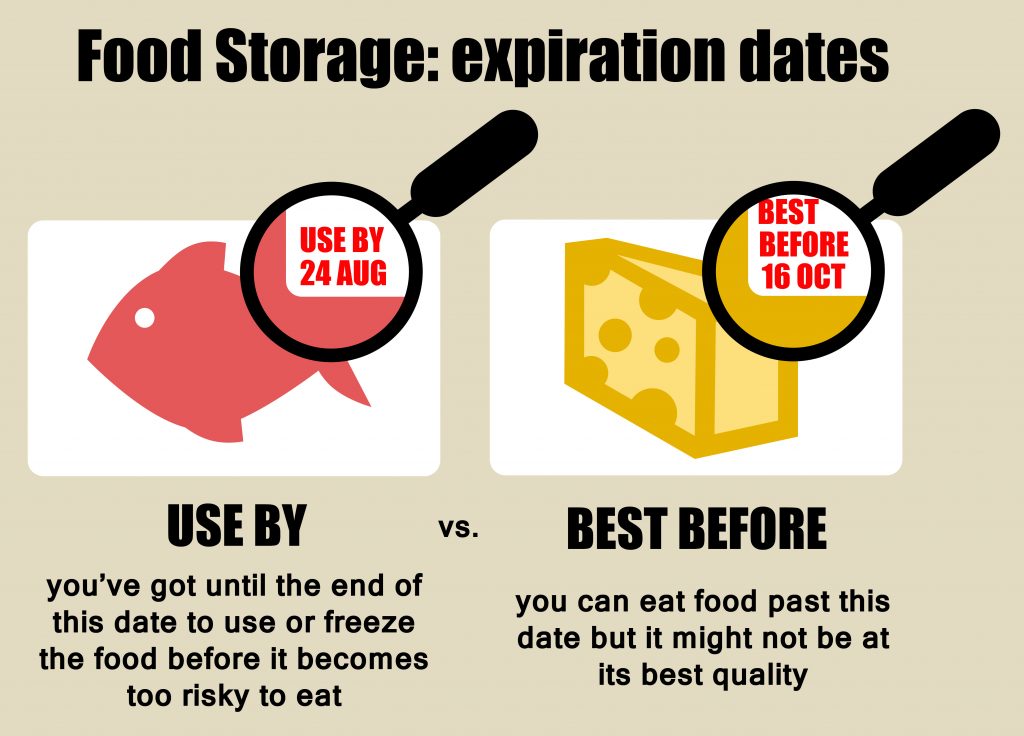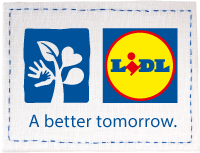Food Waste Tips & Tricks

Background
At Lidl, we work hard to bring you the freshest quality produce daily but inevitably in food preparation or with hectic schedules, some food gets wasted at home. At around 1/3 of the overall food wasted coming from households. with households across Northern Ireland responsible for approximately 117 kg of Food Waste per year, we’ve put together some tips and tricks below to help you save.
Tips & Tricks
Here are some tips and tricks to help you get the most out of your shop at Lidl and ensure as little as possible gets wasted, better for your pocket and better for the planet:
1. Notice your Waste
It may seem simple but by simply taking note of the food you throw out each week you will quickly reduce the amount of food wasted each month. Write down all the different types of food you waste each week. When the month is over take a look over your list. You’ll notice common foods you throw out each week. Now you can reduce your spend on these foods or be more conscious to consume them before their use by date.
Why not even go a step further by keeping all your receipts and at the end of the month you can work out how much you spend on food which is thrown out each month. This is made even easier with Lidl Plus where you can access all of your receipts whenever convenient.
2. How to shop effectively:
To reduce food waste we must first look at how we are shopping.
Before shopping
Before you go shopping look through the fridge, freezer and cupboards to see what you already have. Make a meal plan, decide what you’ll need that week and write a list. This way you won’t end up buying things you don’t need or already have at home.
Try to make a meal or two out of the food you already have at home. By clearing out your cupboards you will be able to see the different foods you’re storing and so avoid buying items you don’t need. As well this you’ll be using up foods that might otherwise go off and get thrown out.

‘I keep a clipboard hanging from my chest freezer so that I know what I have (and where it is in the freezer), and when I froze it. This helps me so much when I’m writing out my shopping lists.’
Lidl’s brand ambassador Catriona Redmond
While shopping:
If you don’t need a big trolley, don’t get one, you’ll be more tempted to fill it. Instead pick up one of our smaller trolleys and only buy items you need.
After Shopping:
Store your food in suitable places to make sure you get the most time out of the product. Take notes of dates and prioritise using food with nearer use by dates. See below some useful tips on where to store certain foods:
- The door of the fridge is the warmest part. Store your condiments, salad dressing, juices and oils here.
- Lemons and limes store best when kept in the fridge.
- Wrapped cucumbers last 3 times longer than unwrapped.
- Store potatoes outside of the bag.
- Broccoli and cauliflower can be frozen for up to 1 year.
- Don’t waste the stalks or leaves. These can be used to create a delicious, healthy soup.
- Oranges are best stored on their own with space between them.
- Old apples and bananas are perfect for baking (Check out the recipe section on our website to learn how to bake the perfect banana bread).
- Pineapples and bananas can be frozen for up to 8 months.
- Peppers and aubergines last longer in the fridge.
- Separate your bananas from the rest of your fruit and vegetables or they may cause your other fruit to ripen quicker.
- Keep carrots loose in the fridge.
- Pears and grapes only keep for a few days at room temperate. Keep them in the fridge instead.
- Tomatoes will fall off the vine when ready to eat.
- Store dairy products at the back of the fridge.
- Store meats on the bottom shelf to avoid ruining other foods through cross or drip contamination.
- Treat herbs like you would treat flowers. Fresh herbs, asparagus, and green onions can all be stored upright in a tall glass of fresh water. Just trim the stems, cover, and place them in the fridge.
- Don’t store potatoes and onions together.
- To prevent slimy residue from accumulating in your bag of lettuce, spinach, or other leafy greens, stick paper towels inside to soak up excess moisture. You can do the same with leftover salad greens in food storage containers.
- Store grains in airtight containers.
- Pickle your fruit or vegetables to make them last up to 6 months in a jar, refrigerated.
Other useful tips to help reduce food waste:
- The correct fridge temperature is below 5 degrees.
- Freezing foods is a good way to extend use by dates. However the freezer is for short term storage. Don’t use it as a final resting place for your food where you might forget about it until it is too late.
- When cooking weigh your food and ensure you are controlling portion sizes in order to reduce throwing out the end of your meals. Any leftovers you do have, just pop into a reusable container and have for lunch the next day or freeze them, you’ll be glad you did when you find yourself without time to cook.

Compost
Some waste is unavoidable and a compost pile is a good solution to help garner nutrients for your garden or potted house plants. Composting can divert as much as 30% of household waste away from the brown bin. It’s also free, easy to make, and good for the environment. Here are a few tips on how to compost correctly:
- To store your food waste until you’re ready to transfer it to your composter, keep a container with a lid and a handle under the sink.
- If you want to speed up the composting process, chop the larger material into smaller pieces.
- Leaves and grass clippings are also excellent for compost but should be sprinkled into the bin with other materials, or dug in to the centre of the pile and mixed. Avoid putting them on in thick layers – they will mat together and reduce aeration, which slows the composting process.
- Adding garden soil to your compost will help to mask any odours, and microorganisms in the soil will accelerate the composting process.
- Fill a bowl with water, a drop of washing up liquid and a drop of apple cider vinegar and place somewhere in your kitchen close to or next to your compost bin, to attract fruit flies away from the compost.
Fun Fact: Did you know you can also use coffee grounds as fertilizer. Just place directly on the soil of the plant.
If you are unable to compost make sure you use your brown bin for all food waste! A top composting tip from our brand ambassador Catriona Redmond:
‘As I prepare my meals I have a large bowl or compostable bag that I keep on the counter beside the chopping board. I fill it up with peelings as I go and when I’m finished I either empty it straight into the compost bin or if the peelings are clean I freeze them until I have enough for a vegetable stock.’
Understanding Food Dates
There is lots of confusion between ‘use by’ dates and ‘best before’ dates. Not understanding the difference can lead to food which is safe to eat, being thrown away.

Use by is about safety.
Best before is about quality.
You should not eat foods that are passed their use by date as they may be unsafe to eat. However foods that are passed their best before date can still be consumed. If they look and smell fresh, they’re perfectly safe to eat.
Learn more
Also be sure to keep an eye on our Instagram for recipe ideas to get the most value out of your Lidl shopping trip.


